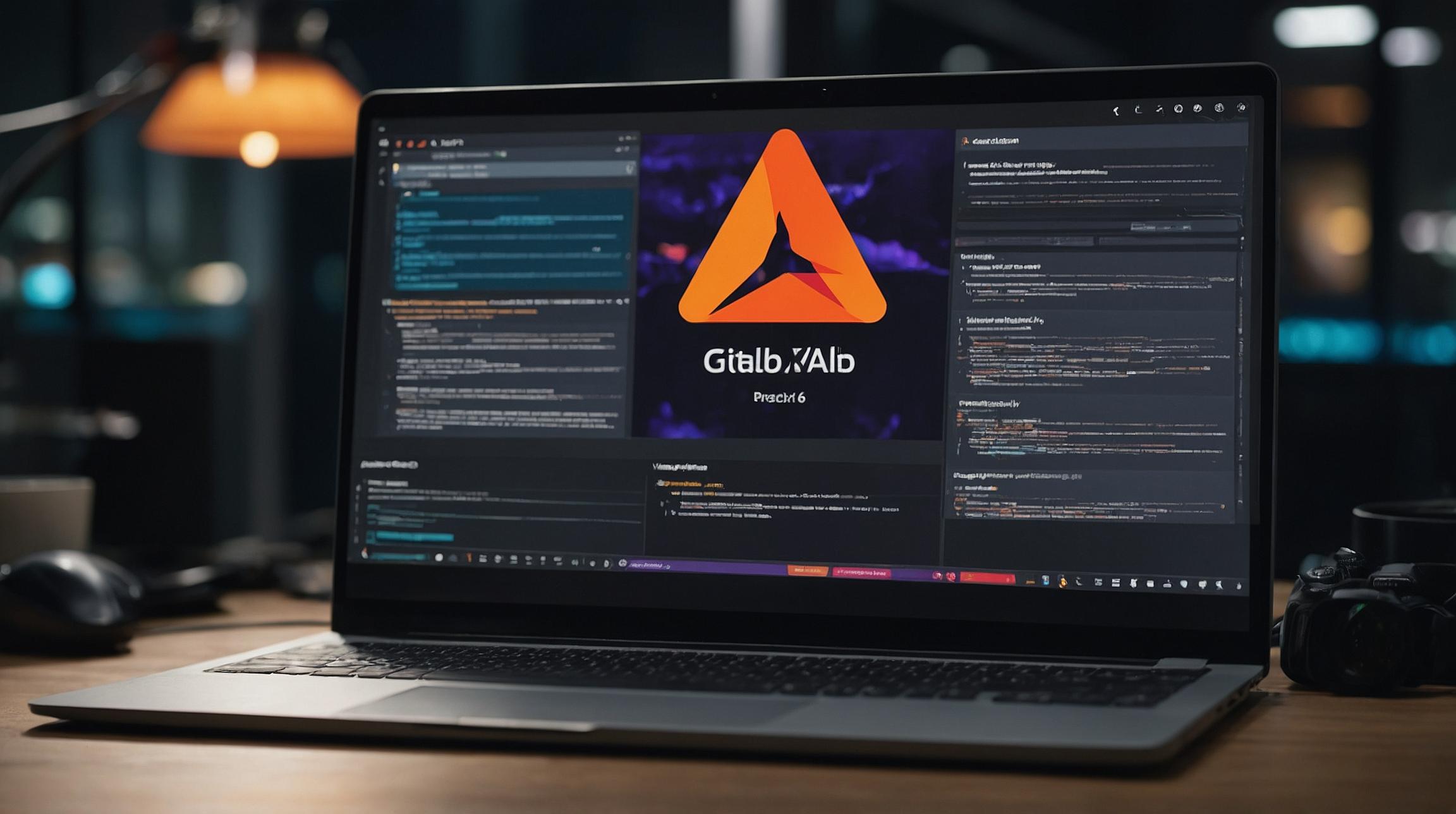Exploring Decentralized Insurance (DeFi Insurance) Platforms
The Rise of Decentralized Insurance: A Paradigm Shift in the Insurance Industry
Over the past few years, decentralized finance (DeFi) has gained significant traction in the world of finance, revolutionizing traditional financial systems. With the advent of blockchain technology, DeFi has provided innovative solutions to long-standing problems. One area that is ripe for disruption is the insurance industry, which has remained largely unchanged for decades. The rise of decentralized insurance, also known as DeFi insurance, is bringing about a paradigm shift in how insurance is provided and consumed.
Understanding the Basics of DeFi Insurance and its Potential Benefits
Decentralized insurance platforms leverage blockchain technology to provide insurance services in a peer-to-peer manner, without the need for intermediaries such as traditional insurance companies. These platforms are built on smart contracts, which are self-executing contracts with the terms of the agreement written directly into code. This enables transparent and automated insurance processes, reducing the need for human intervention and providing efficient and cost-effective insurance services to users.
One of the key benefits of DeFi insurance is the elimination of the need for intermediaries. Traditional insurance companies often charge high premiums and have complex claim procedures due to the involvement of multiple intermediaries. DeFi insurance platforms remove these intermediaries, resulting in lower premiums and faster claim settlements. Additionally, decentralized insurance platforms offer greater transparency, allowing users to track their insurance policies and claims in real-time.
Analyzing the Key Players and Platforms in the Decentralized Insurance Space
Several key players have emerged in the decentralized insurance space, each offering their own unique features and services. Nexus Mutual, one of the pioneers in DeFi insurance, provides coverage for smart contract failures and hacks. Cover Protocol offers coverage for various risks, including hacks and smart contract exploits. Other notable players include InsurAce, Etherisc, and Unslashed Finance. These platforms not only provide insurance services but also offer users the opportunity to become insurance providers and earn premiums through staking and underwriting.
Exploring the Challenges and Risks of Decentralized Insurance Platforms
While DeFi insurance platforms bring numerous advantages, they also face challenges and risks. One of the primary challenges is the lack of regulatory oversight. Traditional insurance companies are subject to stringent regulations to protect policyholders, but decentralized insurance platforms operate in a relatively unregulated environment. This lack of oversight can lead to uncertainties and vulnerabilities. Additionally, since decentralized insurance platforms rely on smart contracts, they are exposed to risks such as code vulnerabilities and hacks. These risks can result in financial losses for both insurers and policyholders.
The Future of Decentralized Insurance: Opportunities and Implications
The future of decentralized insurance is promising, with numerous opportunities and implications. As more users adopt blockchain technology, the demand for transparent and efficient insurance services is likely to increase. Decentralized insurance platforms have the potential to disrupt the traditional insurance industry by offering lower premiums, faster claim settlements, and greater transparency. However, for the widespread adoption of DeFi insurance, regulatory frameworks need to be established to protect the interests of policyholders. Moreover, advancements in smart contract auditing and security measures are crucial to mitigate the risks associated with code vulnerabilities and hacks. With these developments, decentralized insurance has the potential to become the new norm in the insurance industry, revolutionizing how insurance is provided and consumed.













